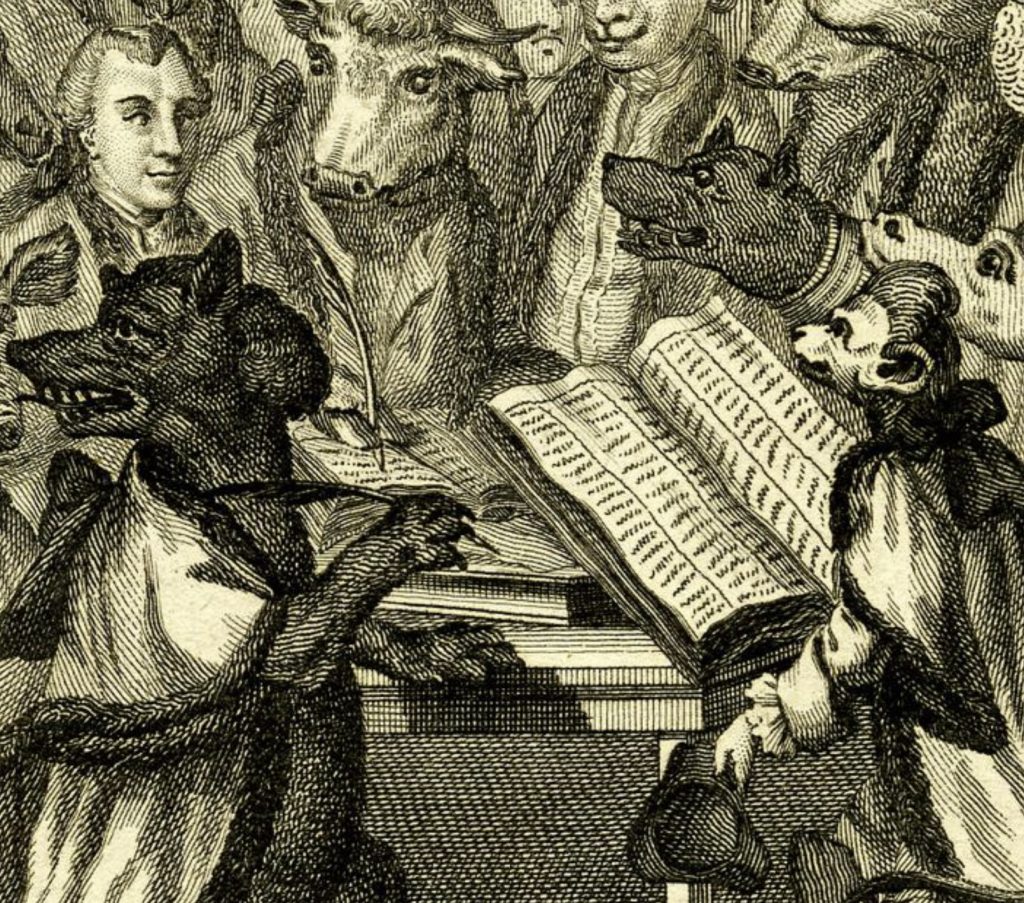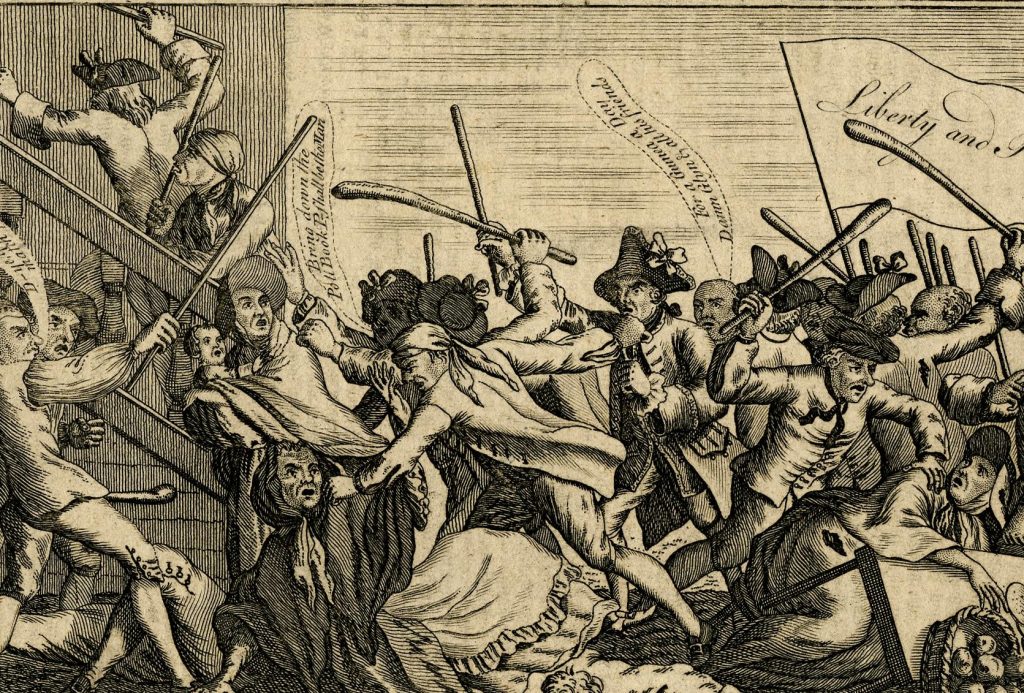An introduction to how many people could, and did, vote in the eighteenth century [5-minute read] The ‘electorate’ is the group of individuals who were entitled to vote in an election. This is different from the number of people who actually cast their votes at a poll, a group which we might call the ‘voterate’. […]
Electorates and Turnout






